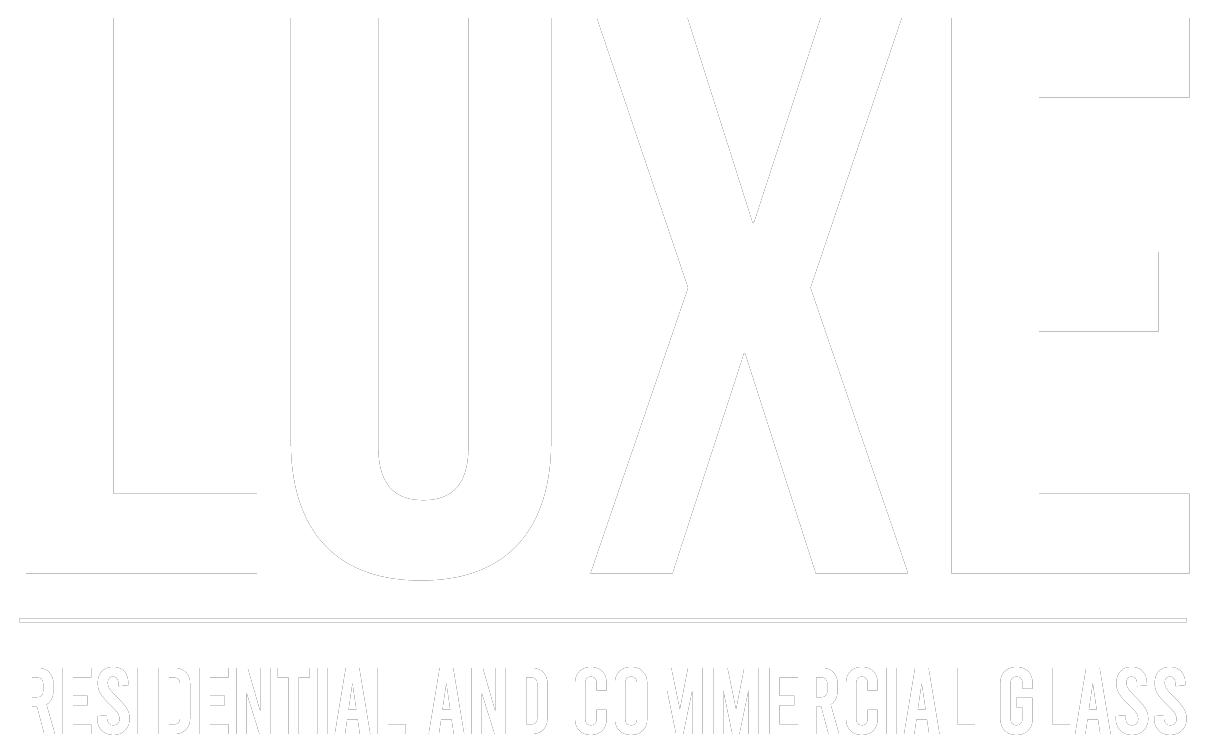Benefits of Energy-Efficient Windows
One of the biggest perks of energy-efficient windows is their ability to decrease energy consumption
Energy-efficient windows have become more and more popular among homeowners and businesses alike. These advanced window systems offer numerous advantages that extend beyond mere aesthetic appeal. From reducing energy costs to enhancing comfort and environmental sustainability, energy-efficient windows provide a range of benefits worth considering for any property. The following sections explore the advantages of installing energy-efficient windows and how they can positively impact residential and commercial spaces.
Lower Energy Bills
One of the biggest perks of energy-efficient windows is their ability to decrease energy consumption. By decreasing heat transfer between the interior and exterior of a building, these windows help maintain a consistent indoor temperature. During colder months, they stop warm air from escaping, while in warmer seasons, they keep cool air inside. The result is a decreased reliance on heating and cooling systems, resulting in decreased energy bills throughout the year.
Enhanced Comfort
Energy-efficient windows add to a more comfortable living or working environment. By decreasing drafts and cold spots near windows, they create a more uniform temperature throughout the space. The improved insulation properties of these windows also help minimize outside noise infiltration, creating a quieter and more peaceful indoor atmosphere. Additionally, many energy-efficient windows are designed with special coatings that filter out harmful UV rays, protecting furniture, flooring, and other interior elements from sun damage and fading.
Increased Property Value
Installing energy-efficient windows can boost the overall value of a property. As energy costs continue to increase and environmental concerns grow, potential buyers and tenants are increasingly interested in properties with energy-saving features. Energy-efficient windows are often seen as a desirable upgrade, potentially leading to higher resale values or rental rates. Furthermore, these windows can be a selling point when marketing a property, attracting environmentally conscious individuals who prioritize sustainability and energy efficiency in their living or working spaces.
Environmental Benefits
Adopting energy-efficient windows aligns with efforts to reduce carbon footprints and promote environmental sustainability. By lowering energy consumption, these windows help decrease greenhouse gas emissions that come with heating and cooling buildings. The reduced demand for energy production leads to fewer pollutants released into the atmosphere, contributing to better air quality and overall environmental health. Choosing energy-efficient windows demonstrates a commitment to eco-friendly practices and responsible resource management.
Reduced Condensation
Energy-efficient windows are designed to minimize condensation, which can be a common issue with older, less efficient window systems. Condensation takes place when warm, moist air contacts a cold surface, leading to water droplets forming on the glass. Too much condensation can cause mold growth, wood rot, and other moisture-related problems. Energy-efficient windows maintain a more consistent surface temperature, decreasing the likelihood of condensation and the associated risks to health and property.
Improved Natural Lighting
Many energy-efficient windows are designed to maximize natural light transmission while still providing excellent insulation. These windows often feature advanced glass technologies that allow more visible light to pass through while blocking heat transfer. The result is brighter, more naturally lit interiors that can decrease the need for artificial lighting during daylight hours. Improved natural lighting saves on electricity costs and creates a more pleasant and productive environment in both homes and workplaces.
Low Maintenance Requirements
Energy-efficient windows are typically constructed with high-quality materials and advanced manufacturing techniques, resulting in more durable and long-lasting products. Many of these windows feature easy-to-clean surfaces and resistant finishes that require minimal upkeep. The reduced condensation also means less frequent cleaning and a lower risk of mold or mildew growth. Overall, energy-efficient windows can save time and money on maintenance and repairs compared to older, less efficient window systems.
Government Incentives
In many areas, governments and utility companies provide incentives for installing energy-efficient windows. These incentives may come in the form of tax credits, rebates, or low-interest financing options. Such programs aim to encourage property owners to invest in energy-saving improvements, making the transition to energy-efficient windows more affordable and attractive. Researching available incentives in a specific area can provide additional financial benefits when considering window upgrades.
Year-round Performance
Energy-efficient windows offer benefits throughout all seasons. In winter, they help retain heat and reduce cold drafts, while in summer, they minimize heat gain and keep interiors cool. This year-round performance contributes to consistent comfort and energy savings regardless of external weather conditions. The versatility of energy-efficient windows makes them a practical choice for various climates and geographical locations.
A glass company specializing in energy-efficient windows can give out expert guidance on selecting the most suitable options for specific needs and preferences. Professional installation is critical to maximize the benefits of these advanced window systems. By choosing high-quality, energy-efficient windows and working with experienced professionals, property owners can enjoy the numerous advantages these windows offer while contributing to a more sustainable and energy-conscious future.
Luxe Residential and Commercial Glass of Las Vegas provides premier glass repair and replacement, glass shower doors and enclosures, glass railings, glass tables, table tops, shelves, and standoffs, windows, mirrors, and take-home installation packages , wine cellars in Las Vegas and surrounding communities. Call Luxe Glass at (702) 302-1222.

